Western Bulk Herbs – Lemon Balm
Lemon Balm oil, tea, and tincture have been used for its calming effects on the nervous, digestive, and respiratory systems. It has also been used as an addition to bug repellants. Lemon balm is also a favorite for sleeping problems.
Lemon balm has been used for allergies, anxiety, asthma, bronchitis, colds, cough, depression, eczema, fever, headache, hypertension, hysteria, indigestion, insomnia, insect bites, insect repellant, irritability, menstrual pain, migraine, nausea, nervous tension, stomach cramps, stress, tonic, vertigo. The calming and sedative effects of this oil may be utilized in a diffuser or added to your favorite lotion or bath blend.
Blends Well With: Citrus oils, chamomile, frankincense, geranium, lavender, neroli, petitgrain, and rose petals.
Latin Name:
Melissa officinalis
Common Names:
Melissa
Parts Used:
Whole plant
Properties:
Antibacterial, antidepressant, antihistaminic, anti-inflammatory, antiseptic, antispasmodic, antiviral, bactericidal, carminative, diaphoretic, digestive, emmenagogue, febrifuge, nervine, sedative, tonic, uterine, vermifuge
Traditional Uses:
Lemon balm is often used as a flavoring in ice cream and herbal teas, both hot and iced, often in combination with other herbs such as spearmint. It is also frequently paired with fruit dishes or candies. It can be used in fish dishes and is the key ingredient in lemon balm pesto. It has been suggested that it might be a better, healthier preservative than beta hydroxy acid in sausages
Chemical Properties:
Melissa officinalis also contains 1-octen-3-ol, 10-alpha-cadinol, 3-octanol, 3-octanone, alpha-cubebene, alpha-humulene, beta-bourbonene, caffeic acid, caryophyllene, caryophyllene oxide, catechinene, chlorogenic acid, cis-3-hexenol, cis-ocimene, citral A, citral B, citronellal, copaene, delta-cadinene, eugenyl acetate, gamma-cadinene, geranial, geraniol, geranyl acetate, germacrene D, isogeranial, linalool, luteolin-7-glucoside, methylheptenone, neral, nerol, octyl benzoate, oleanolic acid, pomolic acid, protocatechuic acid, rhamnazine, rosmarinic acid, rosmarinin acid, stachyose, succinic acid, thymol, trans-ocimene and ursolic acid.
Cautions:
It may cause skin irritation when using the essential oil straight on the skin. Dilute with water before using or carrier oil such as almond, olive, or avocado oil.
Folk Lore:
The genus Melissa comes from the Greek word for honeybee. The flowers of the lemon balm plant attract honeybees when it is in bloom.
*Disclaimer: These statements have not been evaluated by the Food and Drug Administration. This product is not intended to diagnose, treat, cure or prevent any disease.
Resources:
PDR for Herbal Medicines, 2000. Medical Economics Company, Montvale, New Jersey.
The New Holistic Herbal. David Hoffmann, 1990. Barnes and Noble Books, New York.
A Modern Herbal, Mrs. M. Grieve, (Dover Publications, New York, 1971)
Major Herbs of Ayurvedic.Compiled by Dahur Research Foundation and Dahur Ayurvet Limited, Ghaziabad, India., 2002. Churchill Livingstone, London, England.
Chinese Herbal Medicine: Materia Medica, Third Edition, Dan Bensky and Andrew Gamble, 1986. Eastland Press, Seattle, WA.
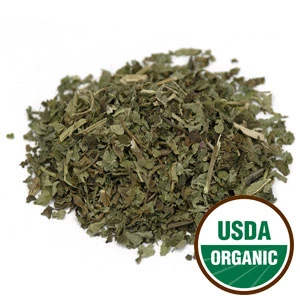
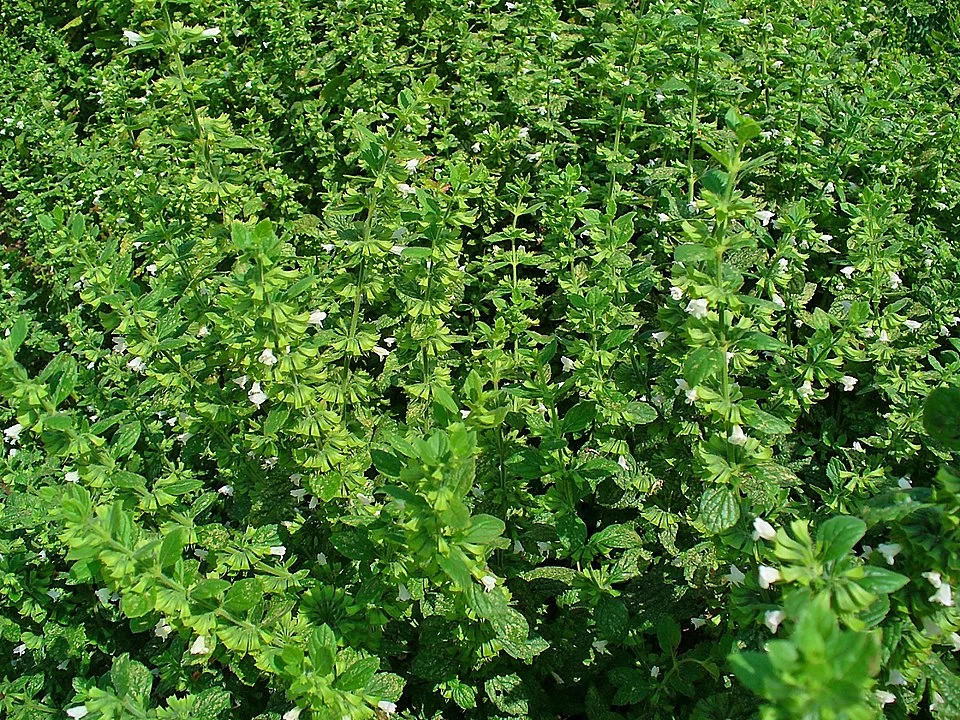
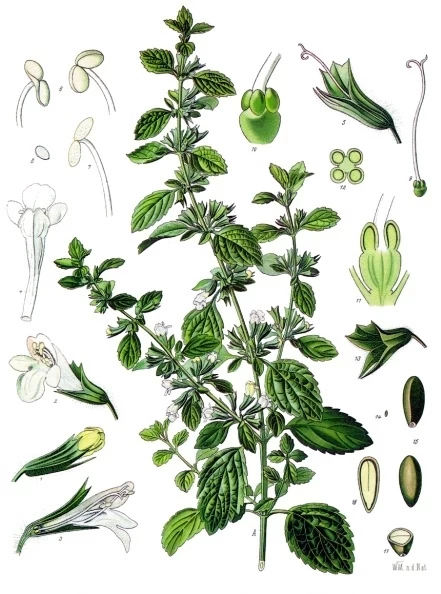
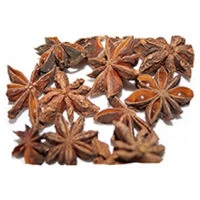
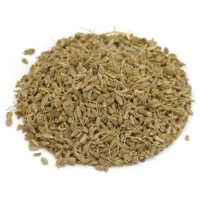
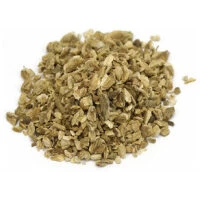
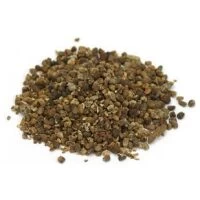
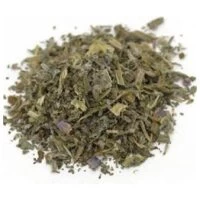
Reviews
There are no reviews yet.